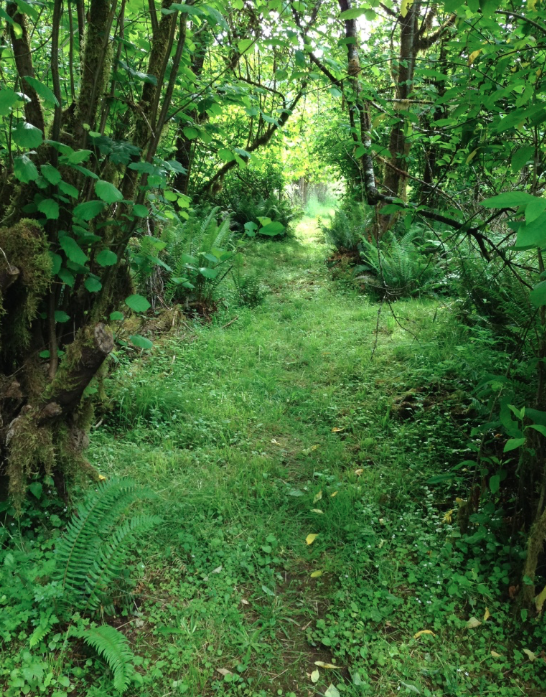
Why do we think there are 'computers' in nature?
The words 'computer', 'digital', etc. are terms that we use for ideas. These are some kinds of structures in our brains, somehow 'compostions' of some innate structures that we all carry, so that these ideas can quickly be explained.
So, the idea of computer is in our mind, so in that sense it is in nature.
But we impose the idea of 'computer' upon structures or systems in nature. Saying that something is 'digital' or 'computational' is exclusively a matter of human judgment. It is a 'map', no the territory. It is a helpful model, sometimes, for investigation.
That said, those natural systems have some structure that can stimulate our judgment of 'computational'. Whatever those qualities are, we must think of them as FIRST offering us insight into OUR perception. Once we learn about our perception, we can correct for it, and see how external systems could be considered computational, based on some new definition that will emerge.
We know how to make an 'analogue' computer into a 'digital' one. We also know that what we perceive of as analogue computers have abilities that digital computers don't, if we were to stick with one of the imposed definitions since Alan Turing's. Turing's was an attempt to codify our notion of 'computation', but that is impossible, because it is an attempt to do it 'externally', when the meaning is in the human brain.
Is a digital computer just a highly constrained system? Is that what impresses us? Are we tickling our conceptual and compositional and abstraction and objectification and naming abilities/attitudes/faculties in some way?
On this site, I will try to approach these questions. Until we make some progress, I believe we should suspend judgment on whether anything in the natural world is a 'computer', 'network', 'object' or could be called 'digital'. or anything in the man-made world, for that matter.
Greg Bryant